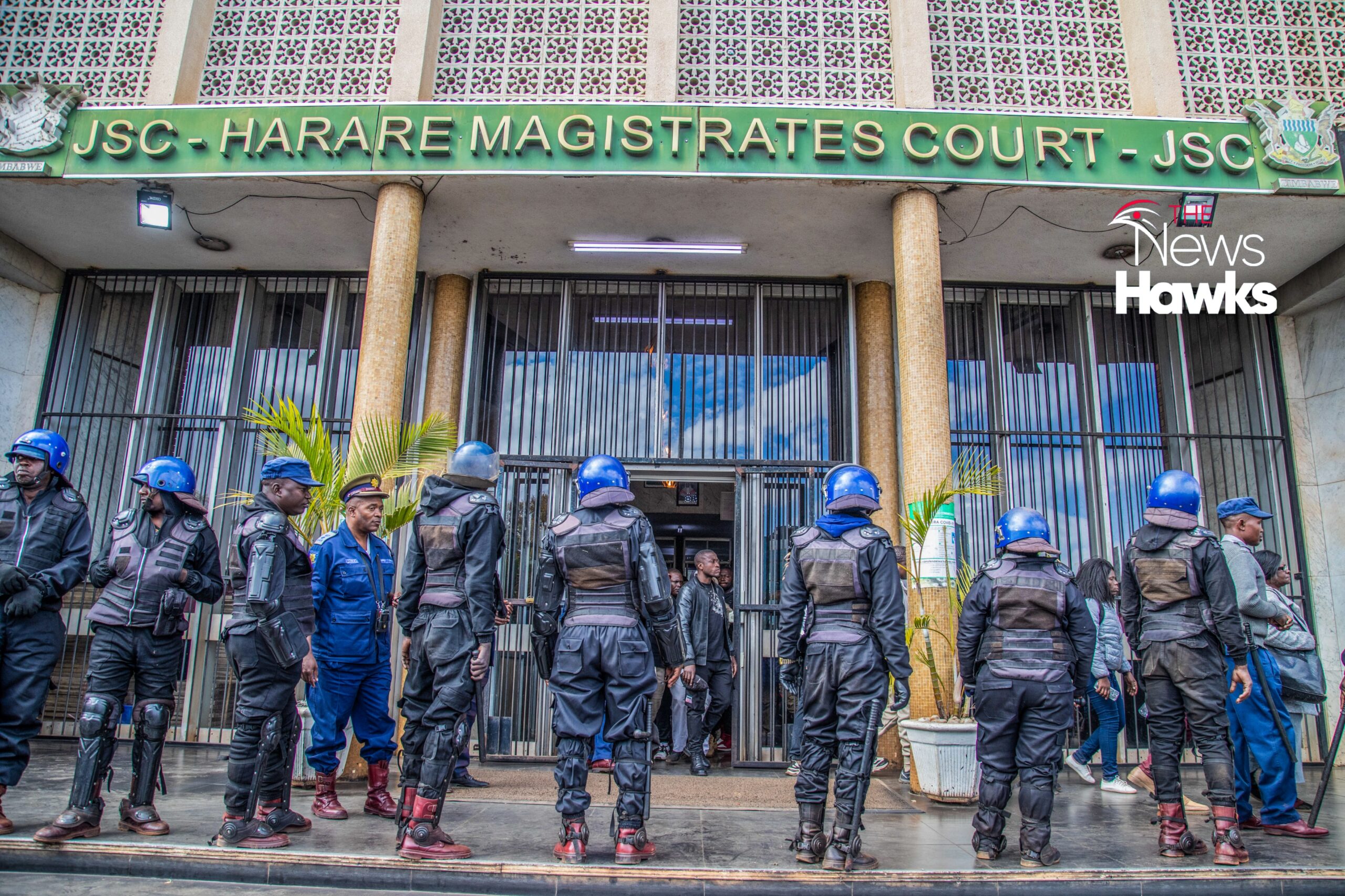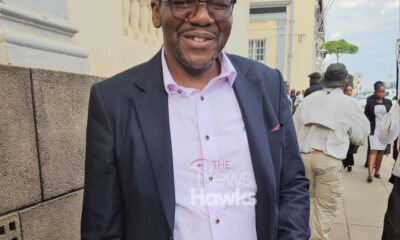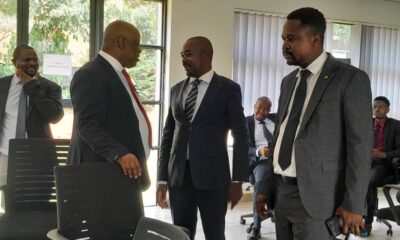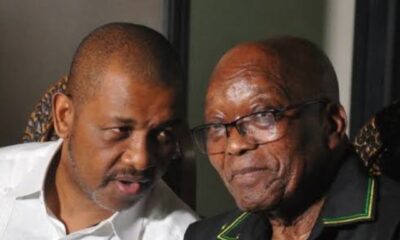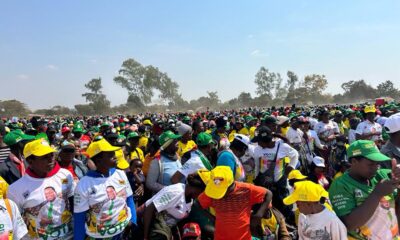BRENNA MATENDERE
FRESH report by the Zimbabwe Democracy Institute (ZDI) has described the silence and inaction by opposition politicians on a government crackdown which saw the detention of 78 Citizens’ Coalition for Change supporters led by Jameson Timba as “unusual and conspicuous,” and attributed the situation to the authoritarian rule of President Emmerson Mnangagwa’s regime.
In the report titled “Opposition politics in Zimbabwe: is a Lazarus moment possible?” the ZDI says in competitive authoritarian regimes, also known as electoral autocracies, such as Zimbabwe, opposition parties often f ind themselves in a state of dormancy, effectively becoming “comatose.”
“The strategic silence and inaction by opposition on key political developments including arrest and detention of 78 CCC activists and members in the post-2023 period is unusual and conspicuous. By ensuring the cooperation of select opposition parties, incumbents can secure legislative majorities, bolster their credibility, and neutralise potential threats to their rule,” reads the ZDI report.
“This facade of legitimacy helps the ruling elite maintain their grip on power while giving the illusion of a functioning democracy. Secondly, comatose opposition parties serve to sway citizen pressure from the government by pacifying citizen resistance. They control their networks to silence possible demonstrations, discourage public protests, and swerve citizens’ attention from real political issues to low-key issues such as religion, environmental politics, internet gossip politics.”
The report notes that this diversion of attention helps the ruling elite avoid scrutiny and maintain control.
“This casts more light on the current on internal leadership fights, power struggles and competition for government salaried posts and recognition at the expense of issues raised by citizens above. Third, they serve as necessary evils in the international economic and diplomatic interests of the ruling elite. T his includes posturing the regime as a democratic state where opposition exists peacefully alongside the ruling party while in reality being appendages of the ruling party,” reads the report.
“This is important as more aid, international public opinion, and image associated with those regimes that have multipartyism are very important interests of the ruling elites in authoritarian regimes. In countries like Venezuela, Turkey, and Russia, autocratic incumbents have entrenched their rule despite unfavourable circumstances by co-opting opposition party leaders. “ Furthermore, the report says although most African opposition parties in competitive authoritarian regimes are often perceived as mere vehicles for individuals looking for patronage opportunities, empty shells created to legitimise a regime, or weak actors incapable of playing a major role in their country’s politics, there are resilient remnants of vibrant opposition.
“A vibrant opposition party is one that is in a functional state of a real opposition party, vibrant and active in its business of opposing the incumbent party. These actively engage a hybrid regime through strategies that include boycotting or running for elections, organising protests and civil disobedience campaigns, sitting in parliament, local councils, and other institutions, court challenges, holding press conferences and lobbying international stakeholders among others. Findings from a comparative study of opposition to the competitive authoritarian regimes in Montenegro (1997–2020) and North Macedonia (2006–2017) reveal that large protests, rather than boycotts, prior to elections have been important factors in facilitating opposition cohesion and signalling broad support while the ability of opposition parties to cooperate and form pre-election coalitions is a key determinant of their success,” reads the report.
Since the time that CCC founder Nelson Chamisa quit the outfit citing infiltration by Zanu PF, opposition politics have become increasingly dormant in Zimbabwe. It is in contrast to the situation in other countries such as Uganda where opposition leader Bobi Wine was last week shot by the country’s state security agents while leading a peaceful demonstration. Bobi Wine, a singer-turned-politician whose real name is Robert Kyagulanyi, finished runner-up in the 2021 presidential election behind President Yoweri Museveni, who has ruled the East African country for nearly 40 years.
On the other hand, the police said officers had attempted to block Bobi Wine and his team from marching down a road, resulting in an altercation in which he was injured.
His party, the opposition National Unity Platform, said in a post on the X platform that
“Security operatives have made an attempt [on his life]. He was shot in the leg and seriously injured.”
In South Africa, firebrand Economic Freedom Fighters (EFF) leader Julius Malema and the Democratic Alliance party keep the ruling ANC on its toes through strong opposition political manoevrings.
However, in Zimbabwe, the ruling party, Zanu PF, has maintained its dominance through institutional control, political manoeuvring, and cooptation of opposition.
Examples include the 1987 Unity Accord with Zapu, the post-2018 Political Actors Dialogue (Polad) — a platform where the ruling party president engaged in dialogue with candidates who lost elections and buying them state-of-the-art vehicles, and the appointment of the current controversial CCC leader Sengezo Tshabangu as the Leader of the Opposition in Parliament despite objections.
These cases got celebratory state media coverage. In return, co-opted leaders cooperate with the ruling party, supporting their policy initiatives or re-election bids.
